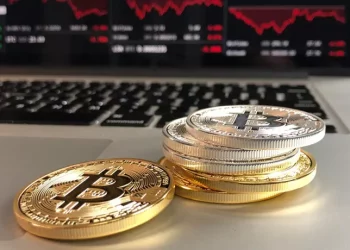According to statistics from the data platform DeFiLlama, the trading volume of global decentralized exchanges (DEXs) reached 474.135 billion US dollars in May this year, setting the second-highest record in history, only behind the peak performance in January this year.
Data shows that DEXs within the BNB Chain ecosystem have become the main growth engines. Driven by the airdrop and trading competition activities of the Alpha project, the monthly trading volume of BNB Chain DEX soared to 178.228 billion US dollars, significantly setting a new historical record. As the leading DEX of BNB Chain, PancakeSwap achieved a trading volume of 165.35 billion US dollars in the current month, also setting a new historical high and accounting for 92.8% of the trading volume in the BNB Chain ecosystem.
Industry analysts point out that trading competition and airdrop incentives are the key factors to stimulate trading volume in the short term. For instance, some projects attract users to trade frequently to compete for rankings by offering token rewards to active traders. This model not only brings in traffic but also boosts the platform’s fee income. PancakeSwap data shows that its transaction fee income in May increased by 45% month-on-month, reflecting the improvement in market activity.
From an overall market perspective, the cryptocurrency market experienced intensified volatility in May. The price of Bitcoin fluctuated around the $100,000 mark, while Ethereum broke through the $2,100 mark, driving up the demand for derivatives trading. Decentralized exchanges have become the first choice for many investors due to their features such as no need for KYC and support for high leverage. DeFiLlama analysts said that although BNB Chain has performed outstandingly, Ethereum remains the core battlefield of DEX, accounting for 42% of the total network transaction volume. However, its share is facing challenges from public chains such as BNB Chain.
It is worth noting that in January, a record DEX trading volume of 520 billion US dollars was set, when the market was in the expected hype cycle before the Bitcoin halving. In contrast, the growth in May was more driven by specific ecological incentives, and its sustainability remains to be seen. Some investors are concerned that the trading volume relying on airdrops and competitions might have a “false boom”, and that the data could fall back once the incentives end.
For BNB Chain, this breakthrough marks a further enhancement of its competitiveness in the DeFi field. Since the launch of the RWA project incentive program, BNB Chain has attracted a large number of developers and users through policy support and ecosystem construction. PancakeSwap has also recently completed its protocol upgrade, adding cross-chain transaction functionality, which has reduced users’ transaction costs and operational thresholds.
Overall, the activity of the DEX market in May reflects the innovative vitality in the cryptocurrency field, but it also reminds investors to pay attention to the risk of market volatility. With the changes in regulatory policies and technological iterations, the future landscape of decentralized trading remains uncertain.
Related Topics:

















